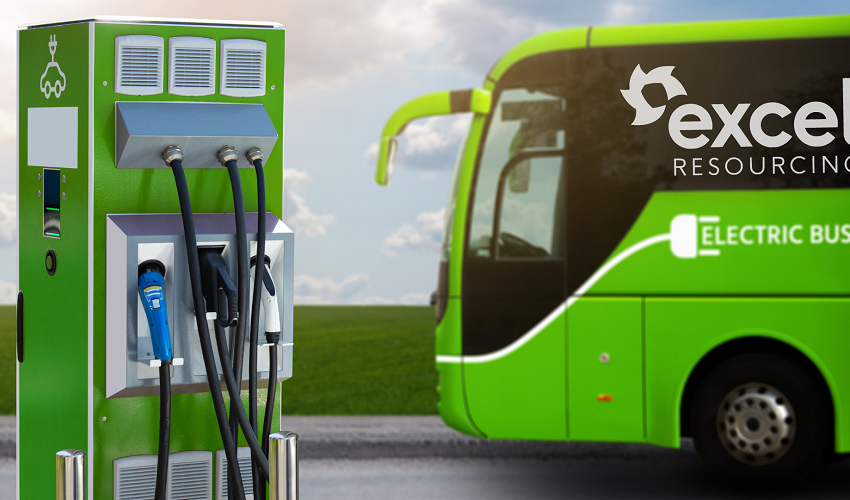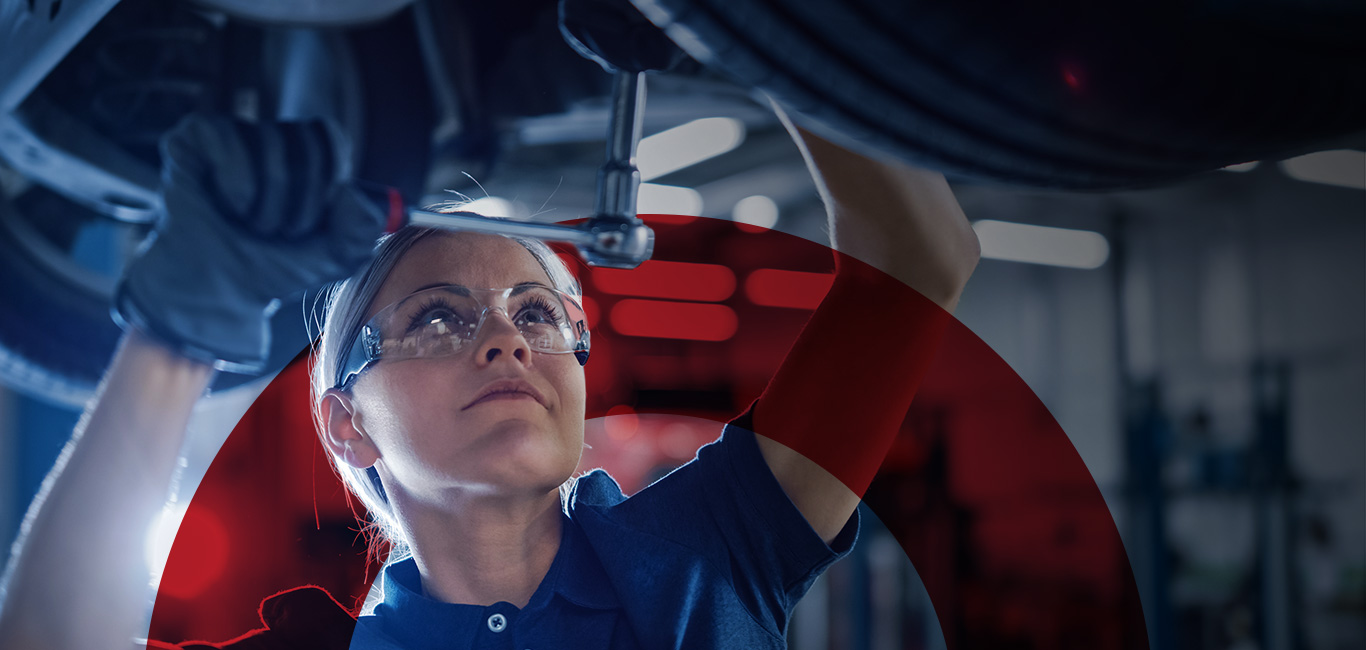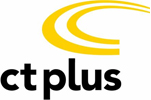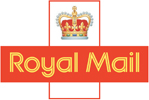As the world transitions towards sustainable energy solutions, the transportation sector has been at the forefront of adopting cleaner alternatives to traditional fossil fuel-powered vehicles. Among these green alternatives, electric buses have emerged as a promising option to reduce emissions and combat climate change. In the United Kingdom, the advent of solid-state batteries has sparked a new era in electric bus technology, enabling a more efficient, reliable, and eco-friendly public transportation system.
WHY ARE SOLID STATE BATTERIES BETTER?
SSB’s are better than traditional batteries because they eliminate most of the space required for the liquid electrolyte making the batteries:
- 25% to 50% smaller – this increases the much discusses weight to capacity ratio
- Faster charging – at near the same rate as gasoline fills
- Dramatically longer life – Telsa talks about a million mile battery but has yet to show it
- Cheaper – They are simpler and eliminate the need for most of the tempurature management systems
- Safer – If SSB’s overheat gaps in the solid state material between that allow the Ion flows melt and close eliminating most explosions
Well, those are the three big promises of SSB’s if anyone can get them out of the lab and scaled up to industrial volumes required by the automobile industry.
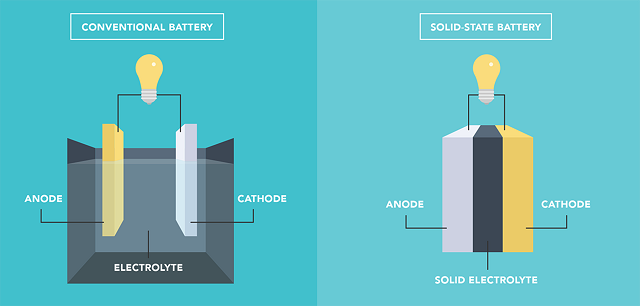
NMC 3 Batteries vs. Solid State Batteries on Busses
The bus industry is rapidly transitioning to electric vehicles, and battery technology is a key factor in this transition. Two of the most promising battery technologies for buses are NMC 3 batteries and solid state batteries.
NMC 3 Batteries
NMC 3 batteries are a type of lithium-ion battery that offer a number of advantages over previous NMC batteries. They have a higher energy density, which means that they can store more energy in the same amount of space. They are also more thermally stable, which means that they are less likely to overheat. This makes them a good choice for buses, which are often subject to extreme temperatures.
Solid State Batteries
Solid state batteries are a newer type of battery that offer even more potential advantages over NMC 3 batteries. They have a much higher energy density, which means that they can store even more energy in the same amount of space. They are also more durable and have a longer lifespan. However, solid state batteries are still in the early stages of development, and they are not yet as widely available as NMC 3 batteries.
Which Battery Technology is Better for Busses?
So, which battery technology is better for buses? It depends on a number of factors, including the specific needs of the bus operator and the current state of battery technology.
If the bus operator needs a battery with a long range and a long lifespan, then a solid state battery may be the better choice. However, if the bus operator is looking for a battery that is already widely available and relatively affordable, then an NMC 3 battery may be a better option.
Ultimately, the best battery technology for buses will continue to evolve as the technology improves. However, both NMC 3 batteries and solid state batteries offer significant advantages over traditional lead-acid batteries, and they are both likely to play a role in the future of the bus industry.
Here is a table that summarizes the key advantages and disadvantages of NMC 3 batteries and solid state batteries for buses:
| Battery Technology | Advantages | Disadvantages |
|---|---|---|
| NMC 3 Batteries | * Higher energy density * More thermally stable * More widely available * Less expensive | * Lower energy density than solid state batteries * Shorter lifespan than solid state batteries |
| Solid State Batteries | * Highest energy density * Longest lifespan * Most durable * Least likely to overheat | * Not yet as widely available as NMC 3 batteries * More expensive than NMC 3 batteries |
Daimler Buses and solid-state batteries: “With new NMC 3 batteries we already have enough energy on board”,
stated Adam Kempinski, Head of Customer Services and Parts / International Key Account Management at Daimler Buses | EvoBus GmbH during the E-Bus Test initiative in Bonn in mid-April.
The eCitaro NMC 3 is a new generation of electric bus from Mercedes-Benz. It features a new battery technology that offers a number of advantages over previous models, including:
- Higher energy density: The NMC 3 batteries have a higher energy density than previous models, which means that they can store more energy in a smaller space. This allows the eCitaro NMC 3 to have a longer range, up to 280 kilometers (174 miles) for the solo bus and 220 kilometers (137 miles) for the articulated bus.
- Faster charging: The NMC 3 batteries can be charged faster than previous models, which means that they can be recharged more quickly. This can improve the operational efficiency of the bus.
- Better safety: The NMC 3 batteries are less likely to catch fire or explode than previous models. This makes them a safer option for use on buses, which are often transporting large numbers of people.
The eCitaro NMC 3 is also equipped with a number of other features that make it a more efficient and environmentally friendly bus, including:
- Regenerative braking: The eCitaro NMC 3 uses regenerative braking to recover energy when the bus slows down or stops. This energy is then stored in the batteries and used to power the bus.
- LED lighting: The eCitaro NMC 3 uses LED lighting, which is more efficient than traditional halogen lighting.
- Low-noise operation: The eCitaro NMC 3 is a quiet bus, which makes it a more pleasant experience for passengers and those living near bus routes.
The eCitaro NMC 3 is a significant step forward in the development of electric buses. It offers a number of advantages over previous models, making it a more efficient, environmentally friendly, and safer bus.
The eCitaro NMC 3 is already in use in a number of cities around the world, including Hamburg, Berlin, and London. It is expected to become more widely available in the coming years.
Conclusion
The bus industry is at a crossroads, and battery technology is one of the key factors that will determine the future of the industry. NMC 3 batteries and solid state batteries are both promising technologies, and they offer significant advantages over traditional lead-acid batteries. However, the best battery technology for buses will continue to evolve as the technology improves.
